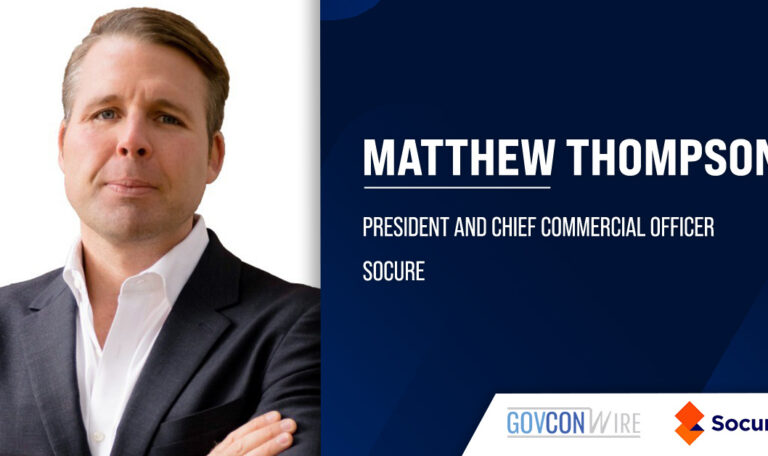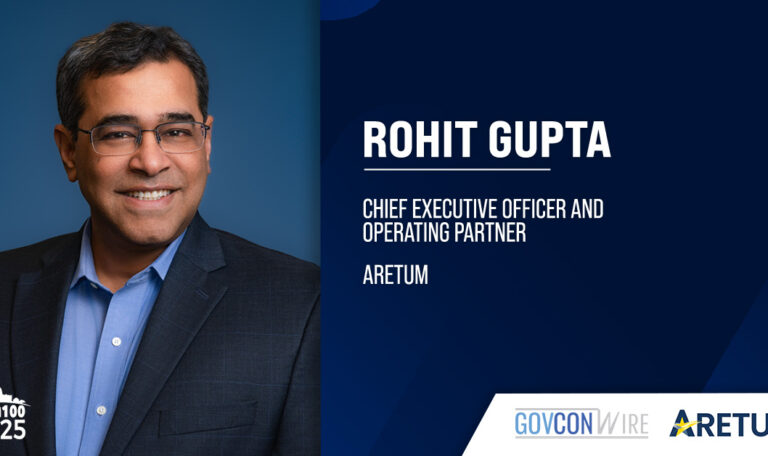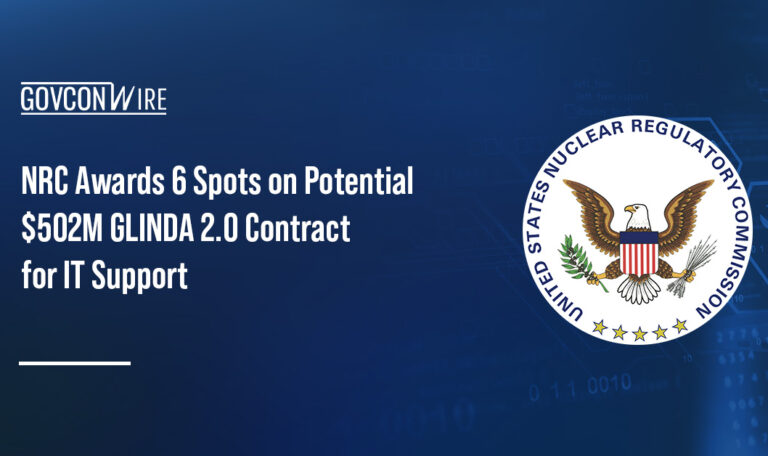Across the public and private sectors, organizations are seeing a massive influx of data. As this data is processed, new information and insights are unlocked, paving the way for organizations to modernize, adapt and innovate faster and more effectively than ever before.
The same is true for the U.S. healthcare sector, and today, healthcare leaders and decision makers are turning to data — and data sharing — to inform the future of the healthcare ecosystem. Here are the top three reasons why data sharing is so important to healthcare organizations:

This topic will be discussed during a panel conversation at the 2023 Healthcare Summit hosted by the Potomac Officers Club on Dec. 6. Key leaders from CMS, NIH, DHA and other healthcare agencies will gather to share their insights and answer questions from attendees. Register here.
Accelerated Medical Research and Innovation
Access to a vast pool of real-world patient data empowers researchers to identify patterns, trends and potential disease outbreaks, leading to more effective treatments, preventive measures and personalized medicine. Data sharing facilitates the development of new diagnostic tools, therapies and clinical trials, accelerating medical progress.
Development of Artificial Intelligence Applications
AI algorithms rely on large datasets to learn and make predictions. In fact, many federal leaders agree that AI tools and technologies are only as good as the data on which they are trained. Sharing patient data can fuel the development of AI-powered tools for improving disease diagnosis, treatment planning and risk assessment. These AI tools can assist healthcare providers in making more informed and data-driven decisions.
Enhanced Patient Care
Sharing patient data among healthcare providers enables them to access a comprehensive medical history, leading to informed treatment decisions, reduced errors and improved coordination of care. This collaborative approach ensures patients receive seamless and consistent care across different healthcare organizations.

Dr. Christopher Chute, chief research information officer for Johns Hopkins University and Medicine, and Dr. Kimberly Marschhauser, associate director of the Patient-Centered Outcomes Research Institute, will speak on this and other topics during the Challenges and Opportunities in Building a Data Sharing Ecosystem for Health Research and Surveillance panel discussion at the 2023 Healthcare Summit — register here to be a part of the conversation.
















